Before I came to this country I led a very different life.
My luggage was never unpacked. My passport was tethered to my body. My weeks often began with breakfasts in Yangon on Mondays and ended with drinks on Jakarta rooftop bars on Fridays. On weekends, I might retreat into a Balinese forest alone or return home.
Home was one of Asia’s most expensive cities. At least, it was where I paid rent and where I have the largest number of relations of all kinds. Home didn’t feel like home since I was never home for more than three days at a time, from the moment I graduated from college. I could never buy a gym membership anywhere. I simply didn’t know where I would... be.
My life here is quite different.
I have not left my neighborhood much in the past year. The longest trips I have taken have been occasional bicycle trips across the Golden Gate Bridge, where I sometimes like to cycle to my favorite bakery and then put my bike on a bus home (just say no to the hills of Sausalito). So many people are writing stories about how other countries are doing pandemics differently. This is mine, except I stayed on and am in it for the long haul, fully cognizant of all of the ‘benefits’ I am missing out on.
My friends are having brunch and cocktails back home and I know in my bones that would be me, if I was in Singapore right now, too. Because I am bougie like that and I know it.
But I am not at brunch. I am huddled at home, like I have, every night this year. My dog is asleep next to me, farting ceaselessly. I have canceled all holiday plans. We are not going anywhere.
During the work days, I work with a team of thirty something brilliant and kind individuals who, together, are trying to make a difference for the city we love during this difficult time. At nights, I put on an apron and trudge to an empty kitchen near my home to churn, literally, batch after batch of ice cream so that I can bring some joy to people in real time.
It feels like exactly where I need to be.
It wasn’t always an easy feeling, though. In conversations with therapists I have learned that the inability to make plans for the future, any future, is causing everyone all kinds of anxiety. For international folks like us with our lives strewn all over the world, it has been a special kind of logistical challenge. When will we ever see our families again? In all these countries?
Back in March just before shelter-in-place came upon us, we already knew the extent of the damage of this virus from news from Asian cities. We semi-seriously considered waiting out the pandemic in Singapore, where a good healthcare system and mollycoddling levels of government support seemed like a good idea. From rumblings from an assortment of compatriots I gathered that nonstop flights might end from San Francisco; that if we went home now, things will be safe; that you really don’t want to be stuck here in this country with its impossible healthcare system and not have any help figuring out something so unprecedented.
Occasionally, I dial in to Zoom conversations hosted for Singaporeans on the west coast. They always kick off these meetings by sharing latest stats. We marvel at the numbers. We laugh at the charts that are made showing how we have significantly less confidence in the American government’s handling of this pandemic compared to our own. We run through the numbers of how many of us have decided to weather it in Singapore or hunker down here in the Bay Area.
Somehow, those of us with not entirely clean cut Singaporean lives are hunkering down. Our partners cannot return with us. Our children cannot. I continue to be frustrated by the inability to plan for the future in any form. So I churn more ice cream.
If I were in Singapore, I would be at brunch. I would be checking in to all the locations I visit throughout the day with the app that every citizen has access to. I might be walking down a quiet residential street like my parents were when I called them a few days ago, and the biggest concern of my day might be that I paid too much ($5) for a bowl of fishball noodles.
But before I get to brunch, I would have to find my way to Los Angeles, the closest city where I can still get on a plane home. I would only be able to board the Singapore Airlines plane if I had my bright red passport, which I do, but that my wife does not. On entering the plane, probably in business class (as I would have upgraded with the miles I have studiously collected over the years), I would sink into the leather seat and feel relieved when I am given a copy of the Straits Times by a person who can pronounce my last name the way it is supposed to be pronounced (Tanh, not tan as in what the President does to get his famous orange color). I would sleep for the entirety of the sixteen hours, because I sleep like the dead in both economy and business class (and at the back of a boat or upper bunk of a train). I would land and I would hear the familiar sounds of Singlish, Malay and Hokkien at the precise moment the plane doors open onto the aerobridge.
Heat and Hokkien always hits me like a wave. I would scan my passport and then be whisked to a five star hotel where I would be strictly quarantined, before I can be released back into the world. Then, depending on the outcome of my tests, I would either be eating fishball noodles with my parents, or declared an ‘imported’ case by state media.
I will not be at brunch for a long, long time.
Instead, I have not cut my hair since January. My dog is so unused to being more than one foot from me that she now wanders to the bathroom if I am there for more than a minute. I am sequestered in my 300 square foot apartment that somehow has space for two humans, two animals, and all of our life’s possessions. My wife has bolted a fold down desk onto a wall. When either of us needs to use the bathroom, we flatten between the chair and the wall, sometimes without appropriate amounts of clothing (usually me). At various points of this pandemic, especially during the combination election and pandemic anxiety weeks, I plot and plan and figure out logistics. I carry bags of laundry to a laundromat at quiet hours, and wish I did research on how there are rarely any washers or dryers inside American apartments.
That is my way of dealing with anxiety. I figure out logistics. Which is an activity that is, in itself, anxiety-inducing. But never mind. I write to the immigration departments of various Caribbean countries. I research golden visas in Taiwan. I look at Estonia. I do all of this first for the animals, and then for us. All the countries that require any amount of animal quarantine are crossed from the world map that is in my mind. So no UK, Australia, New Zealand, Singapore or Hong Kong. Immigration departments write back and I promise to pay them some time after November 4, 2020. I never do.
I scan the news for information about 45’s latest immigration-busting moves. I realize, for the first time in a while, that we literally have nowhere else to go. I stay up until 7 in the morning to watch a needle tick in one direction or other in an election I cannot vote in. I dabble in more logistics, this time reading in other languages. Reading in my second and third languages will be less anxious, I tell myself, because I won’t understand all of it. It doesn’t work. I freak out again, just in other languages this time.
Seventeen days ago I woke up with needles pointing in not so bad places. I ghost Carribbean immigration officers. My love story with ‘Murica continues. Another tragedy strikes. America crosses 12 million cases; yet more than a million people are expected to fly this week for a holiday that celebrates genocidal activities. 95% of my state is on a 10pm curfew. My city, which has high levels of mask compliance and some levels of official responsibility, might join the rest of the state very soon. Life goes on. All I know is life will not need to be in the Carribbean.
The sun sets at 5pm and I turn on a ten thousand lumen lamp for several hours so I don’t get sad.
From time to time, my wife and I wonder: what will our life be like in Singapore, right now? We think of our beautiful apartment in the forest there. We think of our many brunches. We think of chicken rice. But mostly, we think of how we will not have a life in Singapore at all.
She wouldn’t be allowed in. Right now, because of the pandemic. But also always, because she won’t be allowed to be my wife.
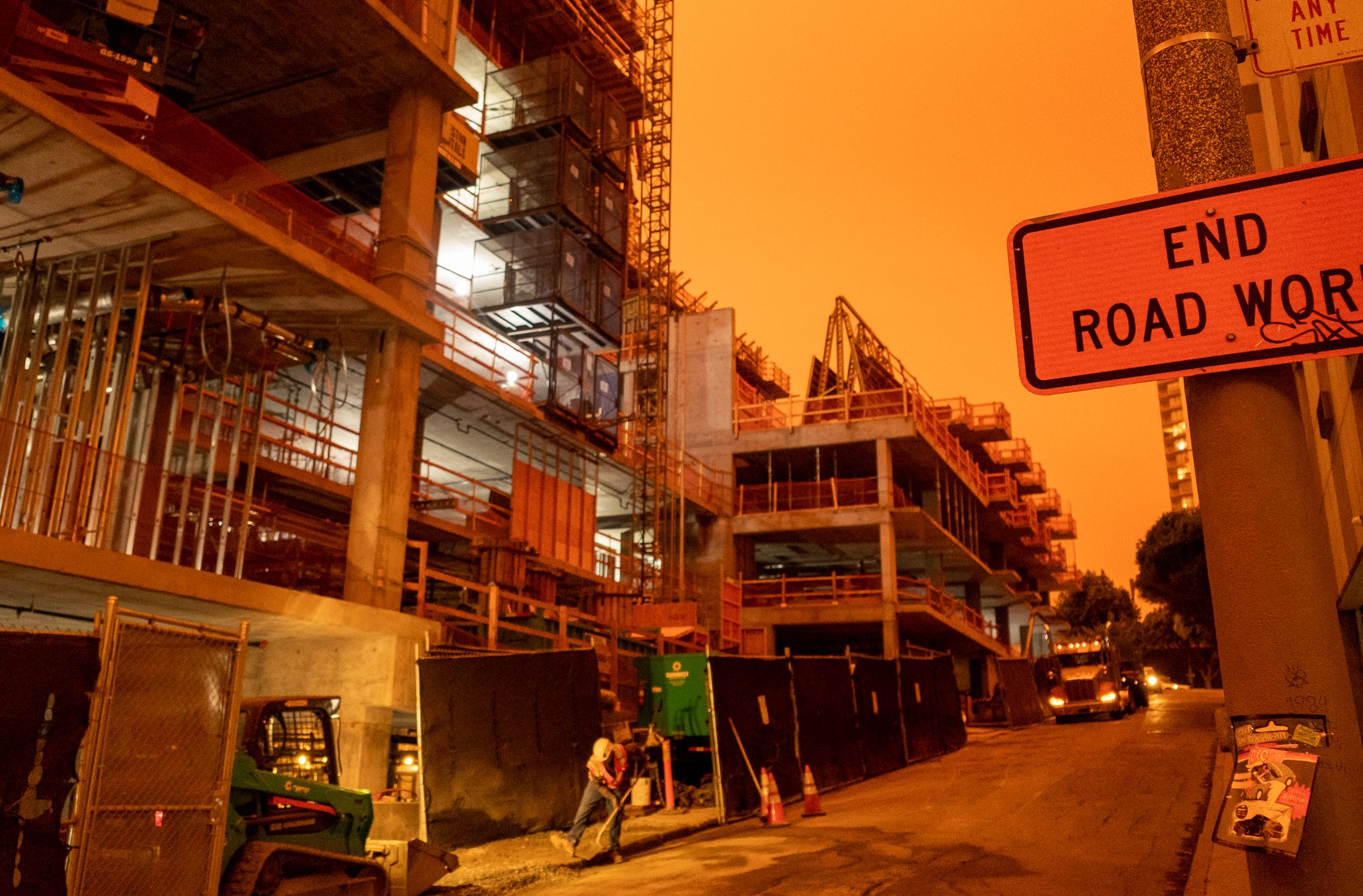
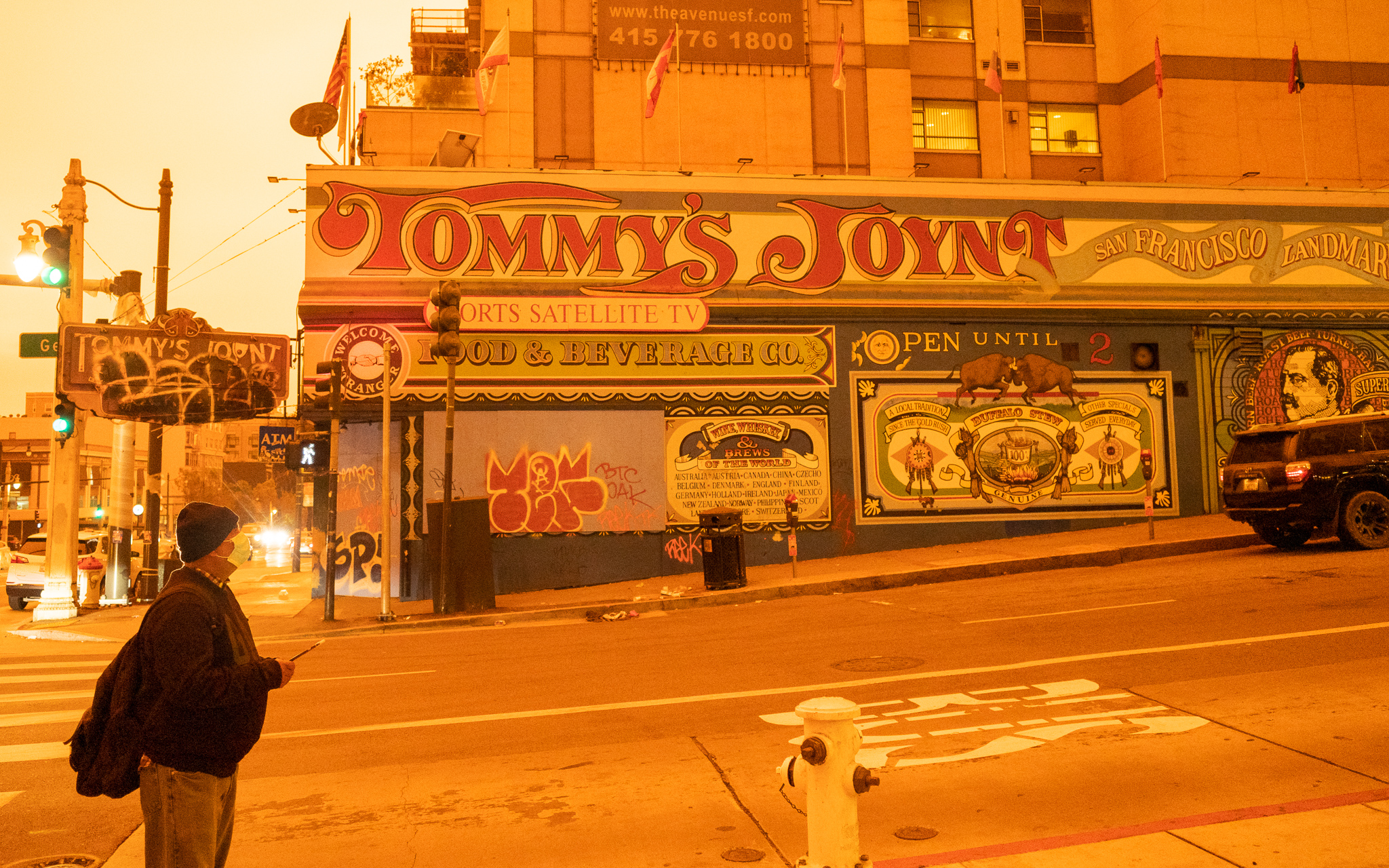
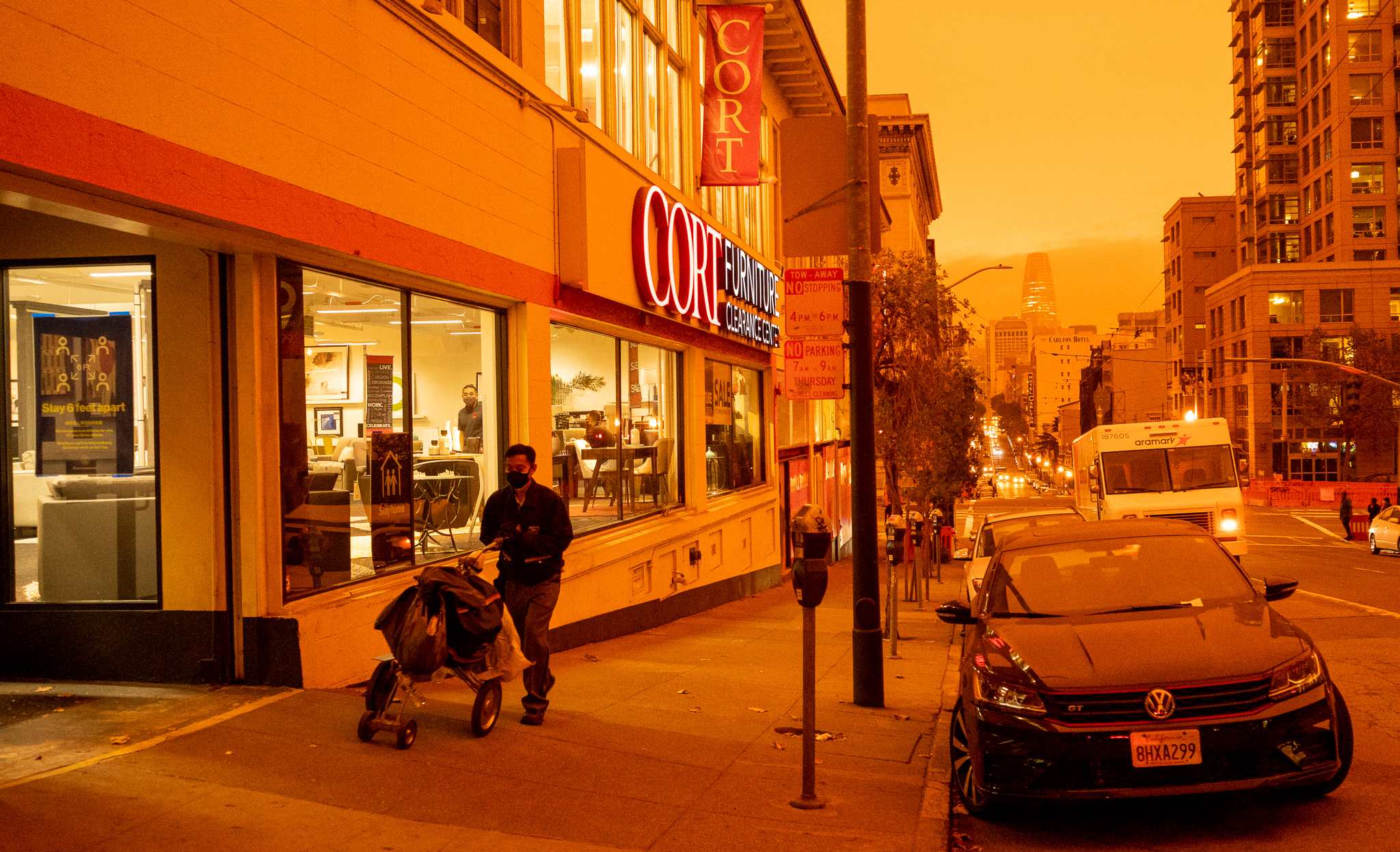
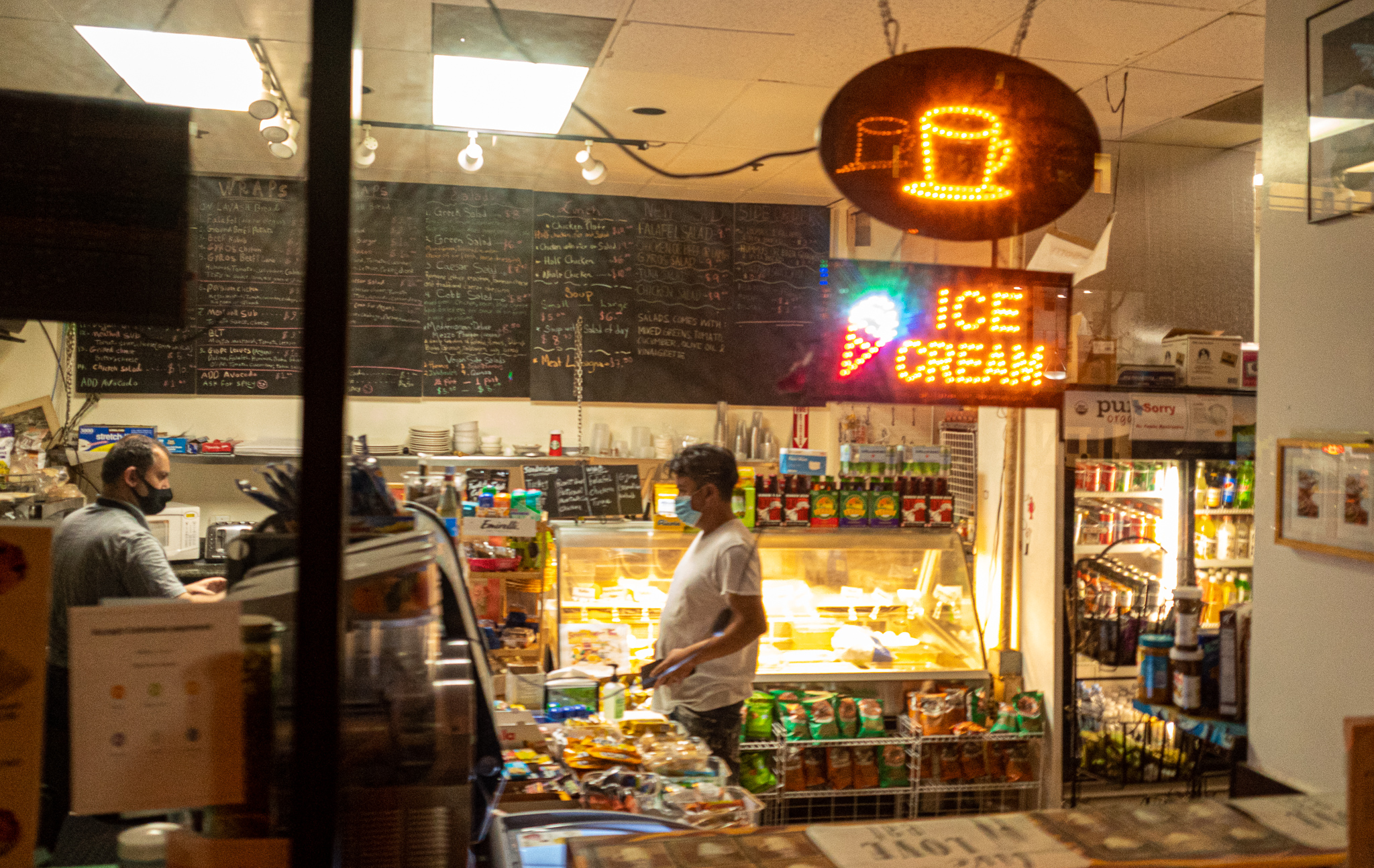
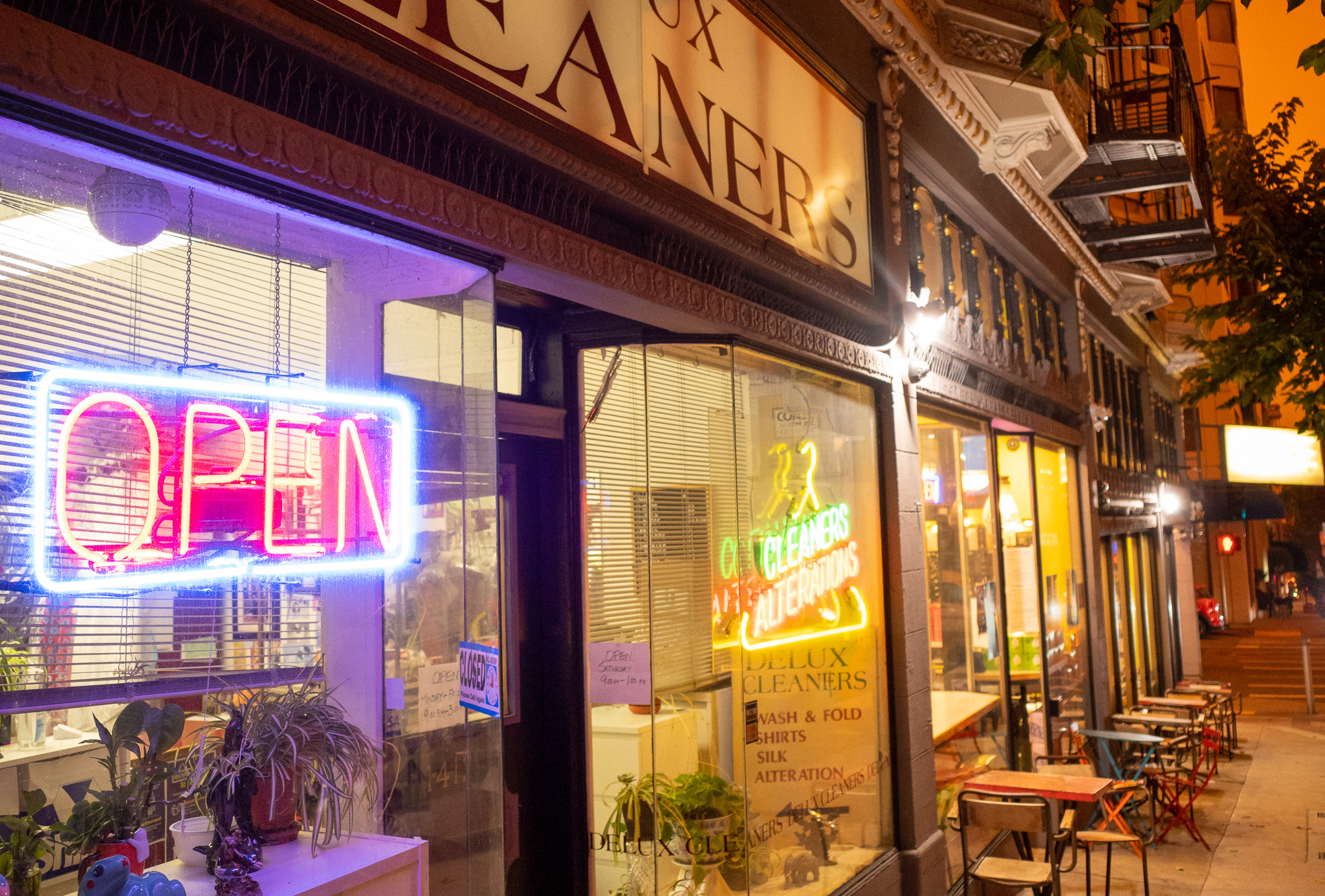
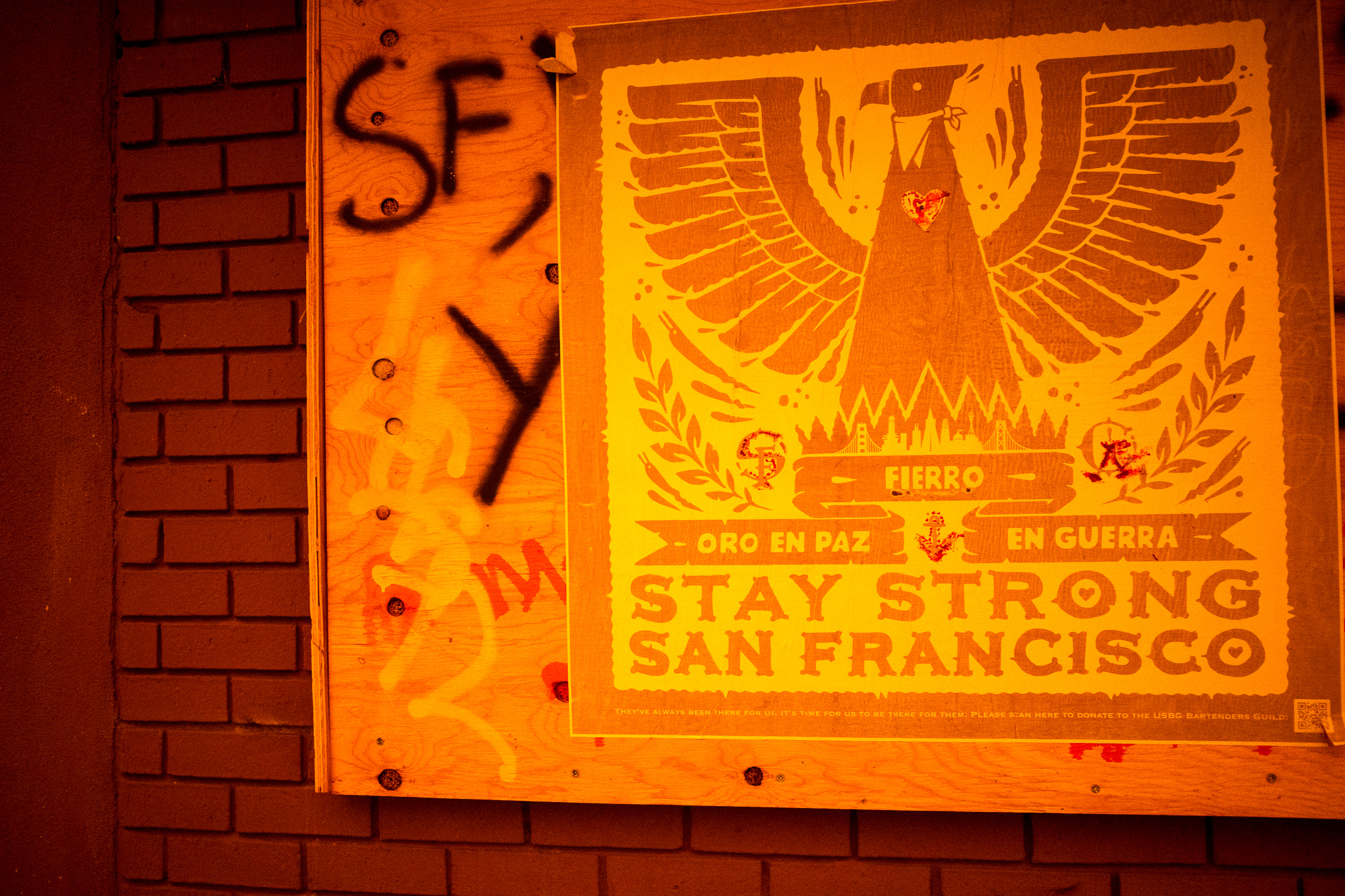
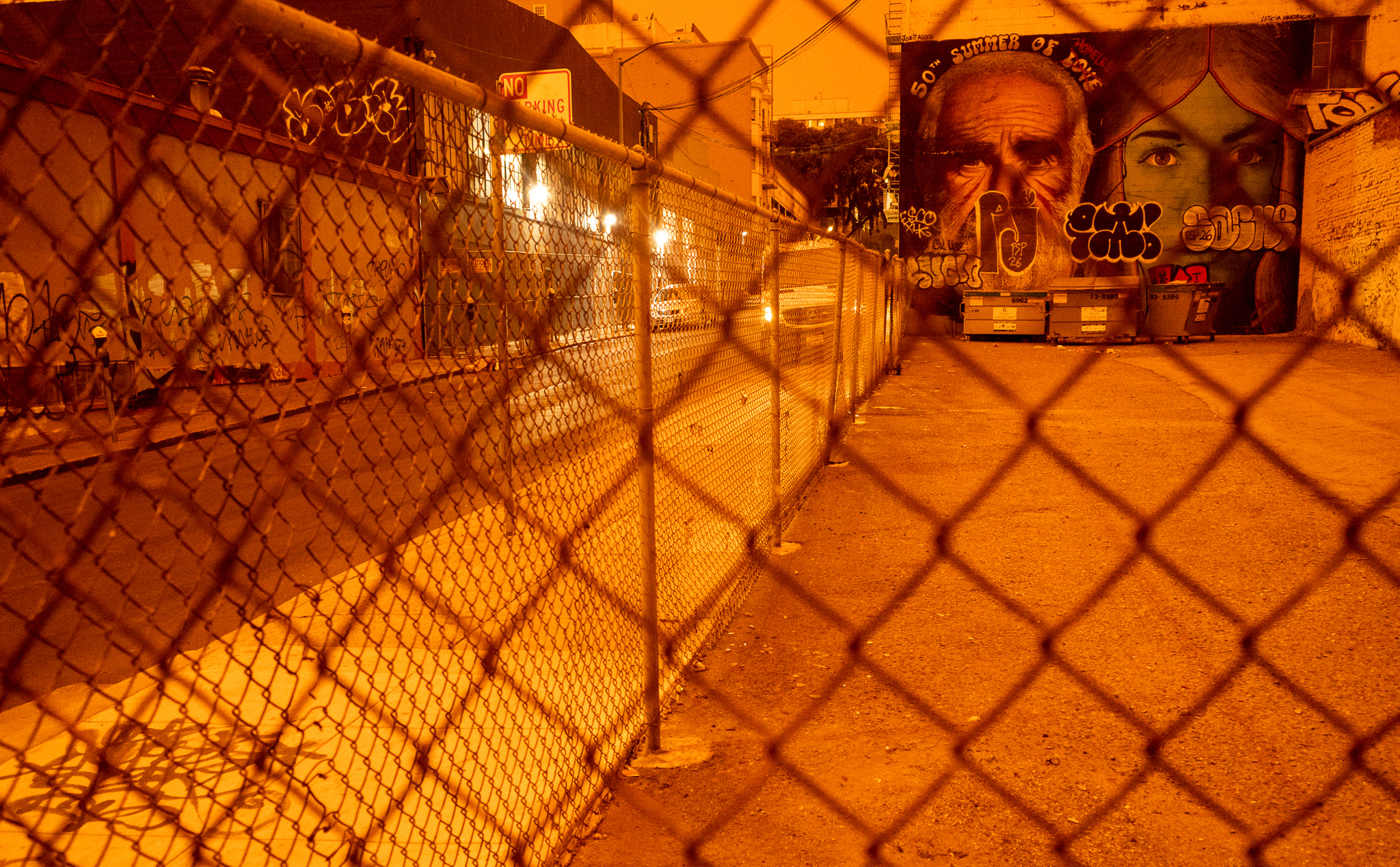
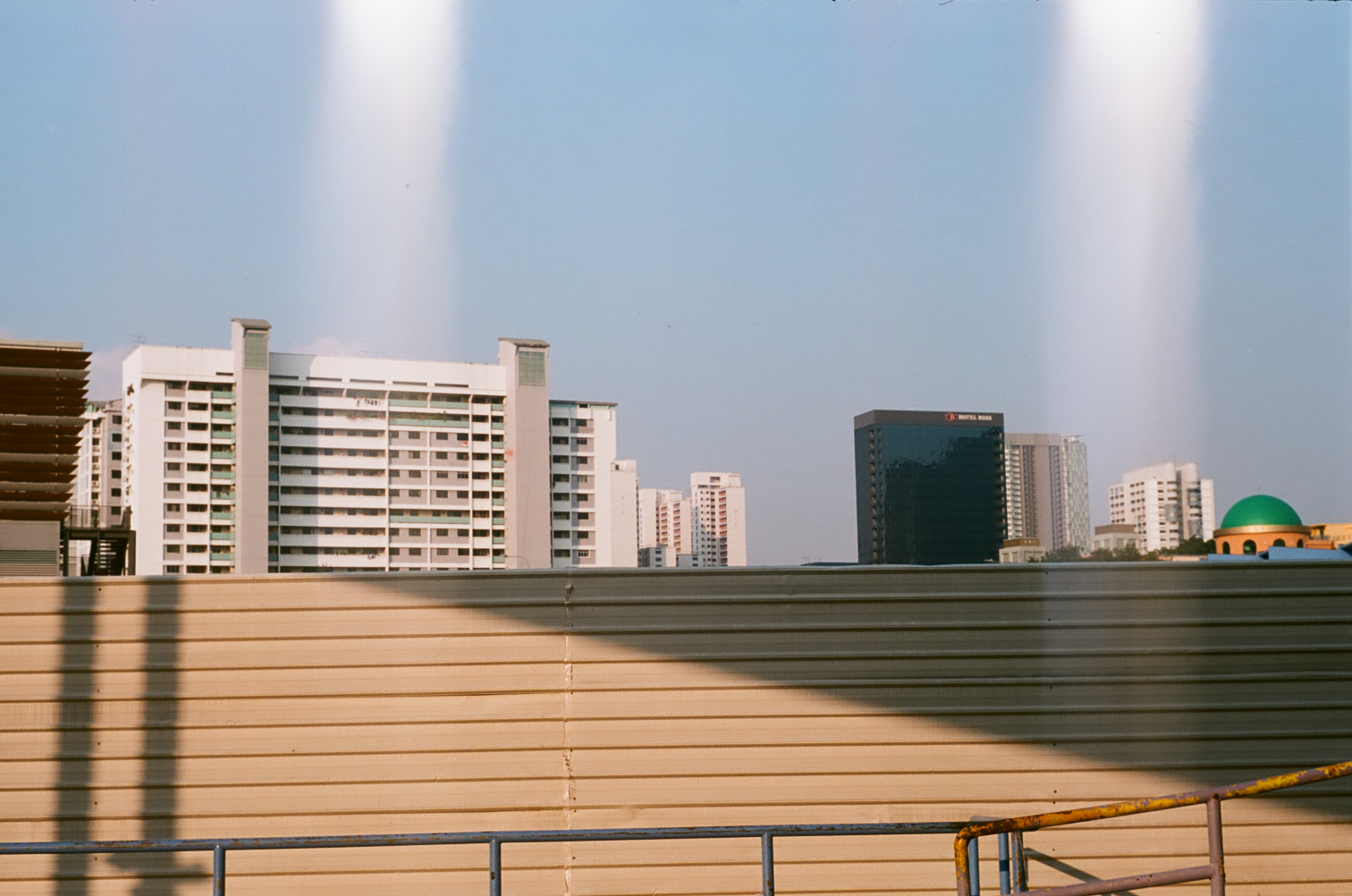
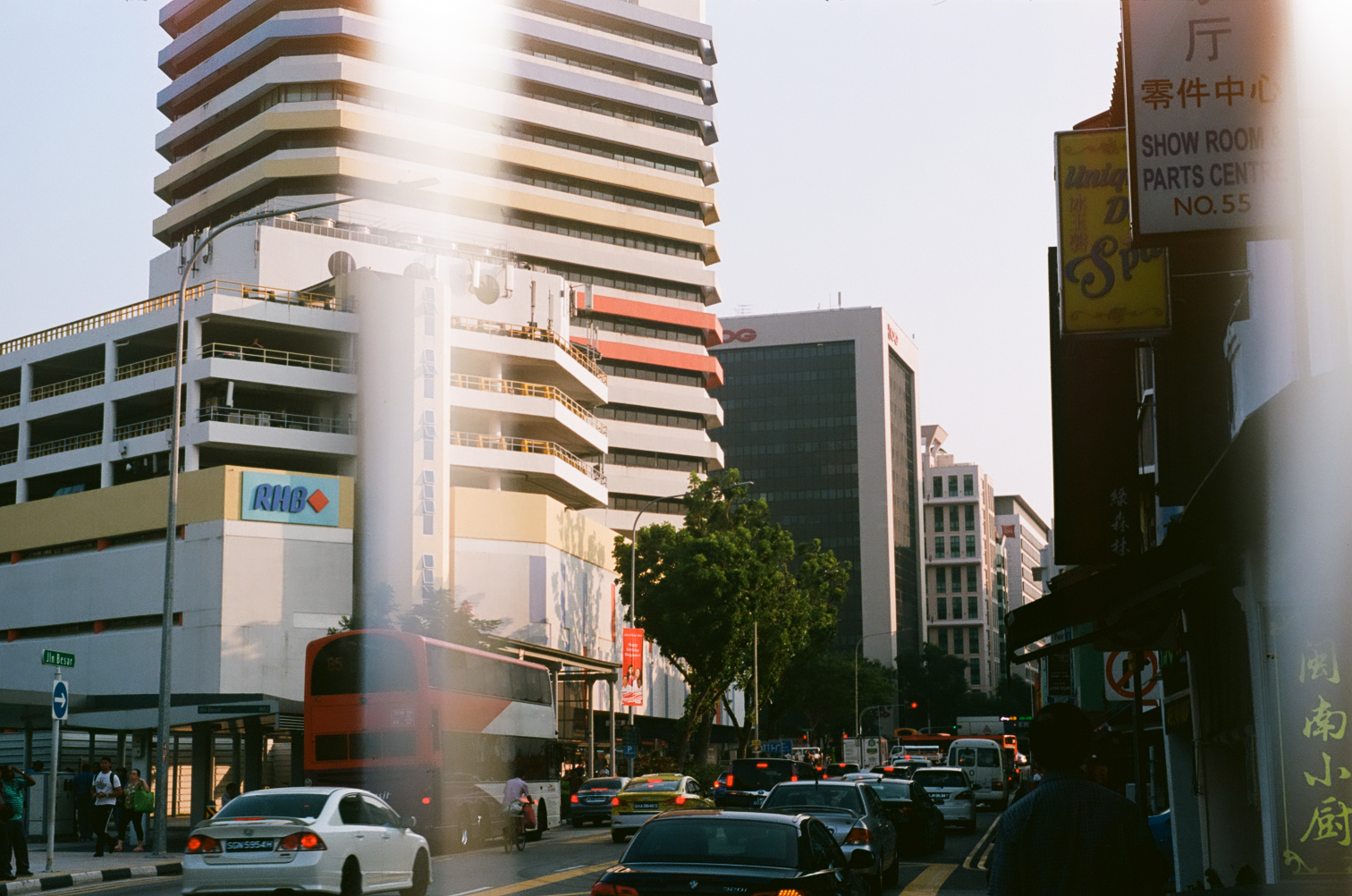
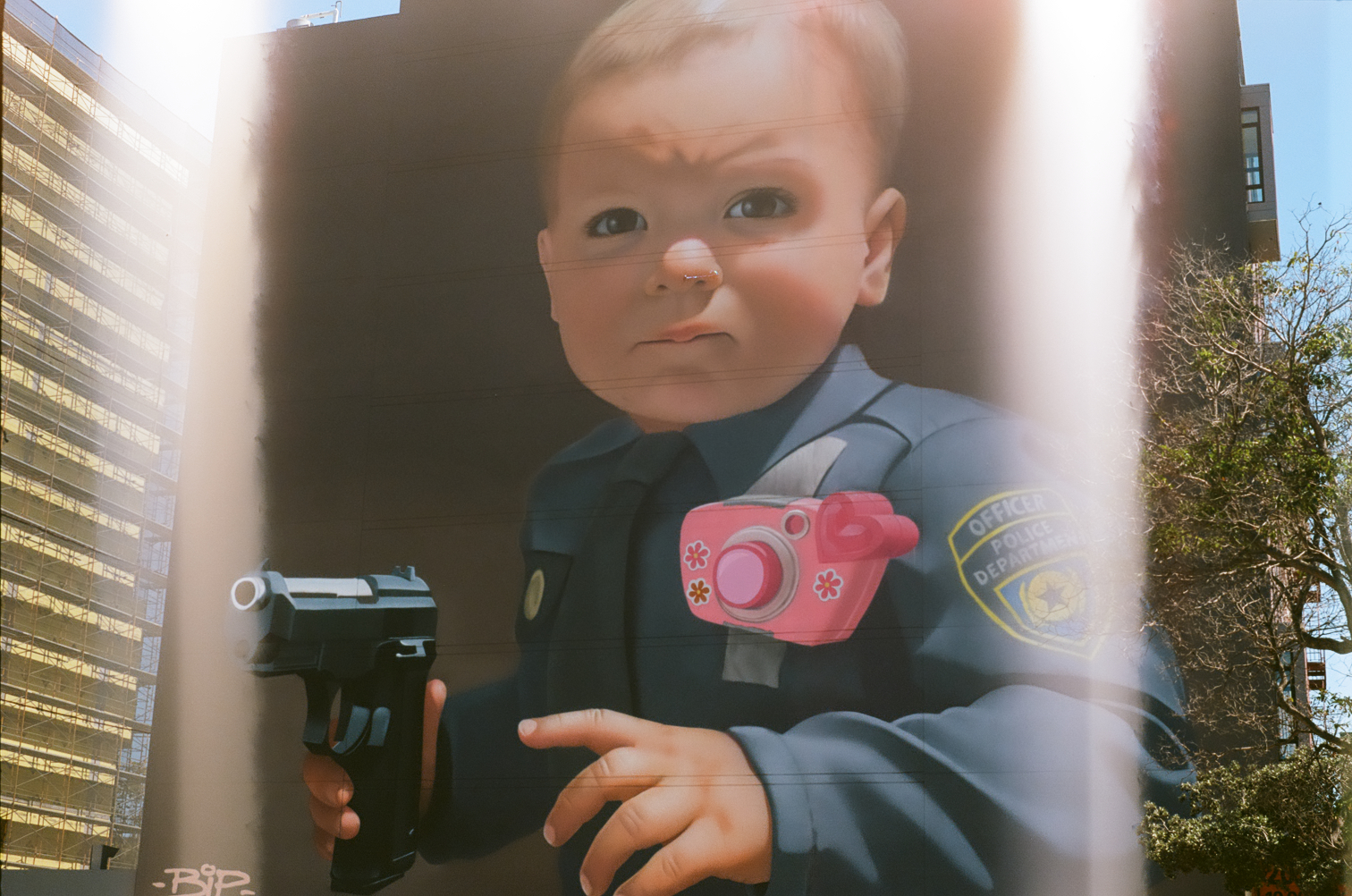
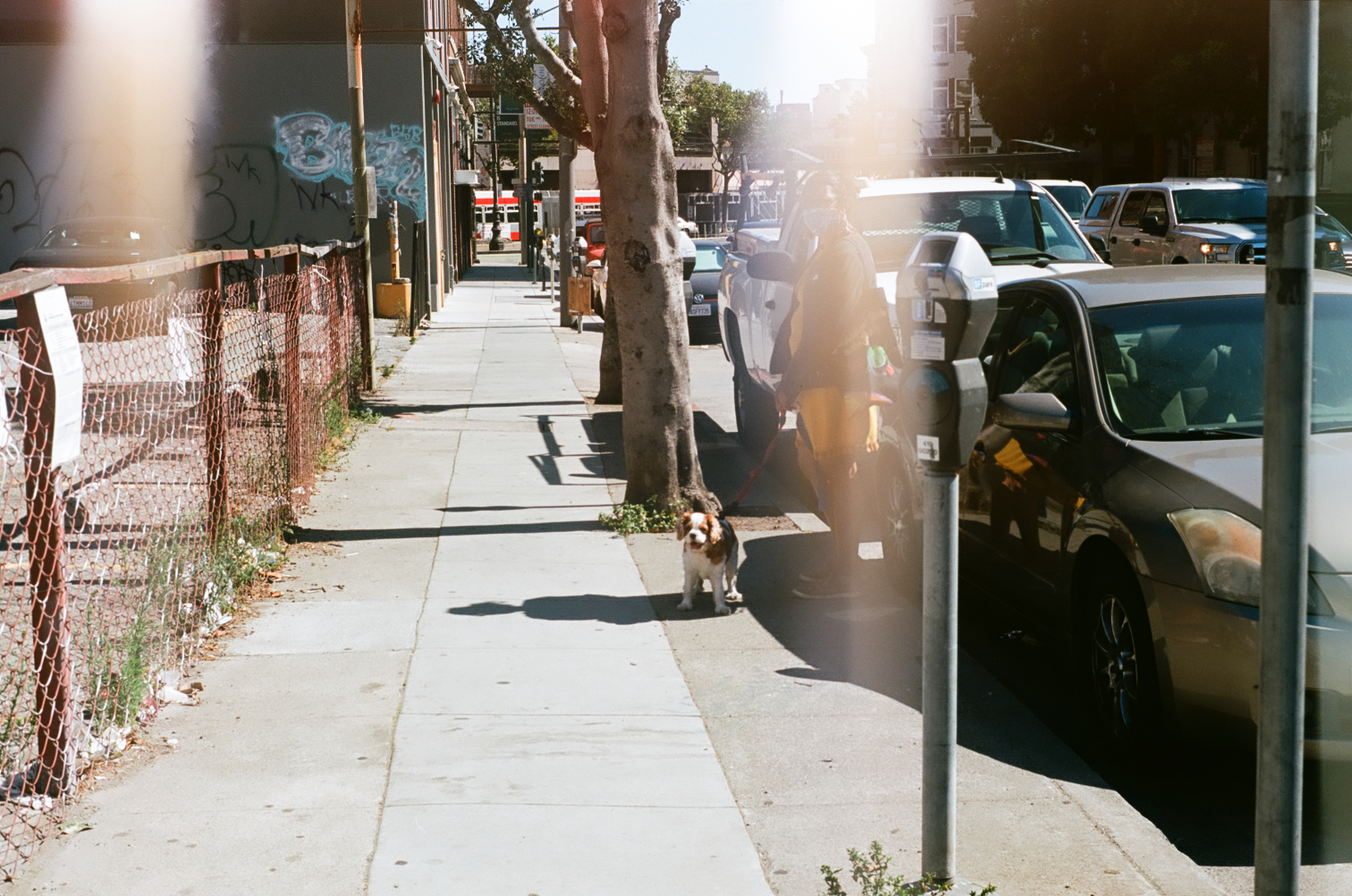
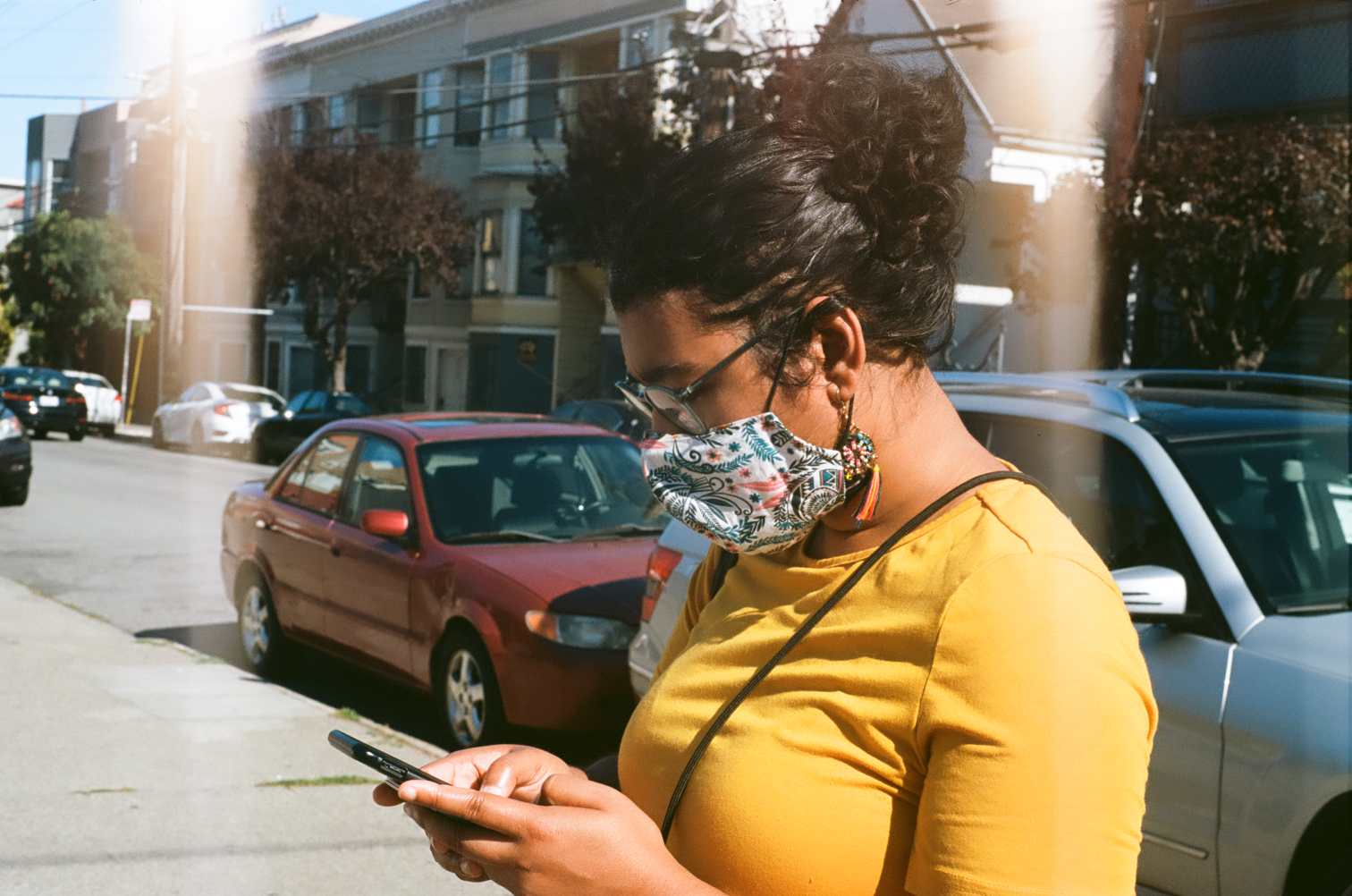
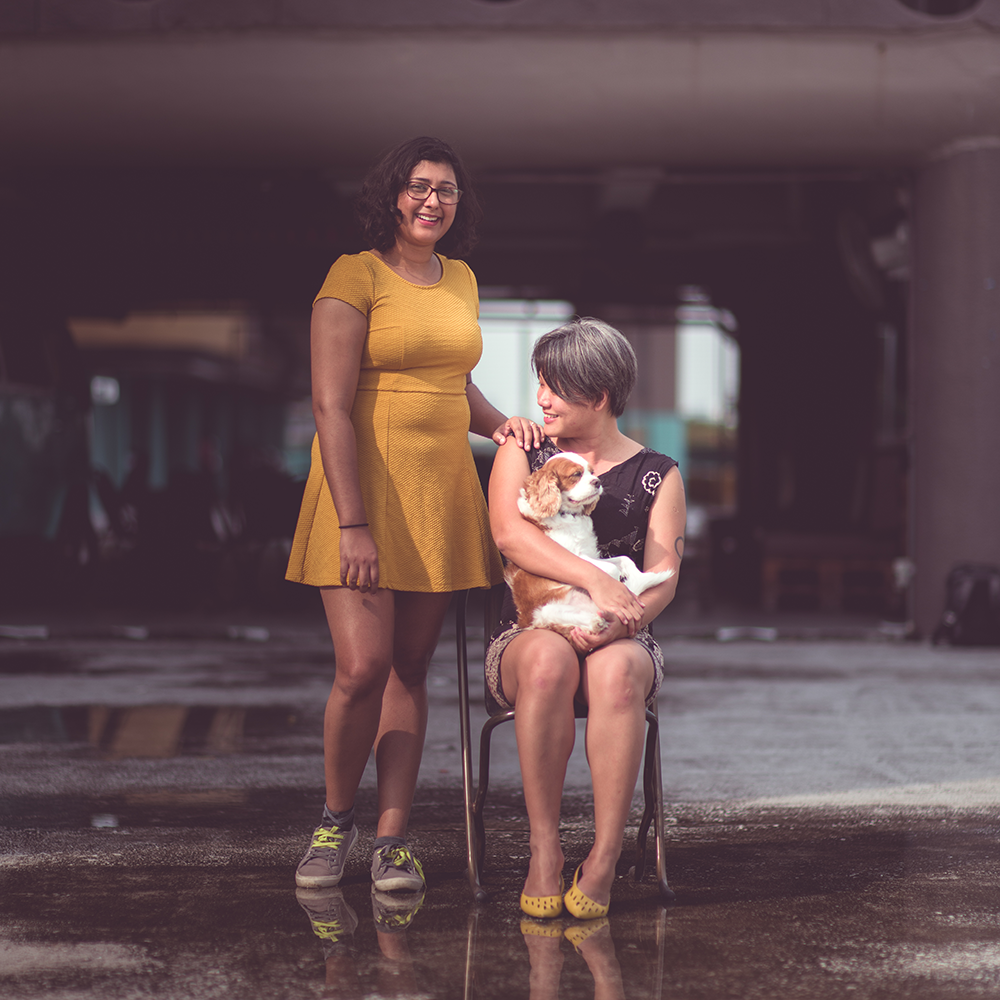
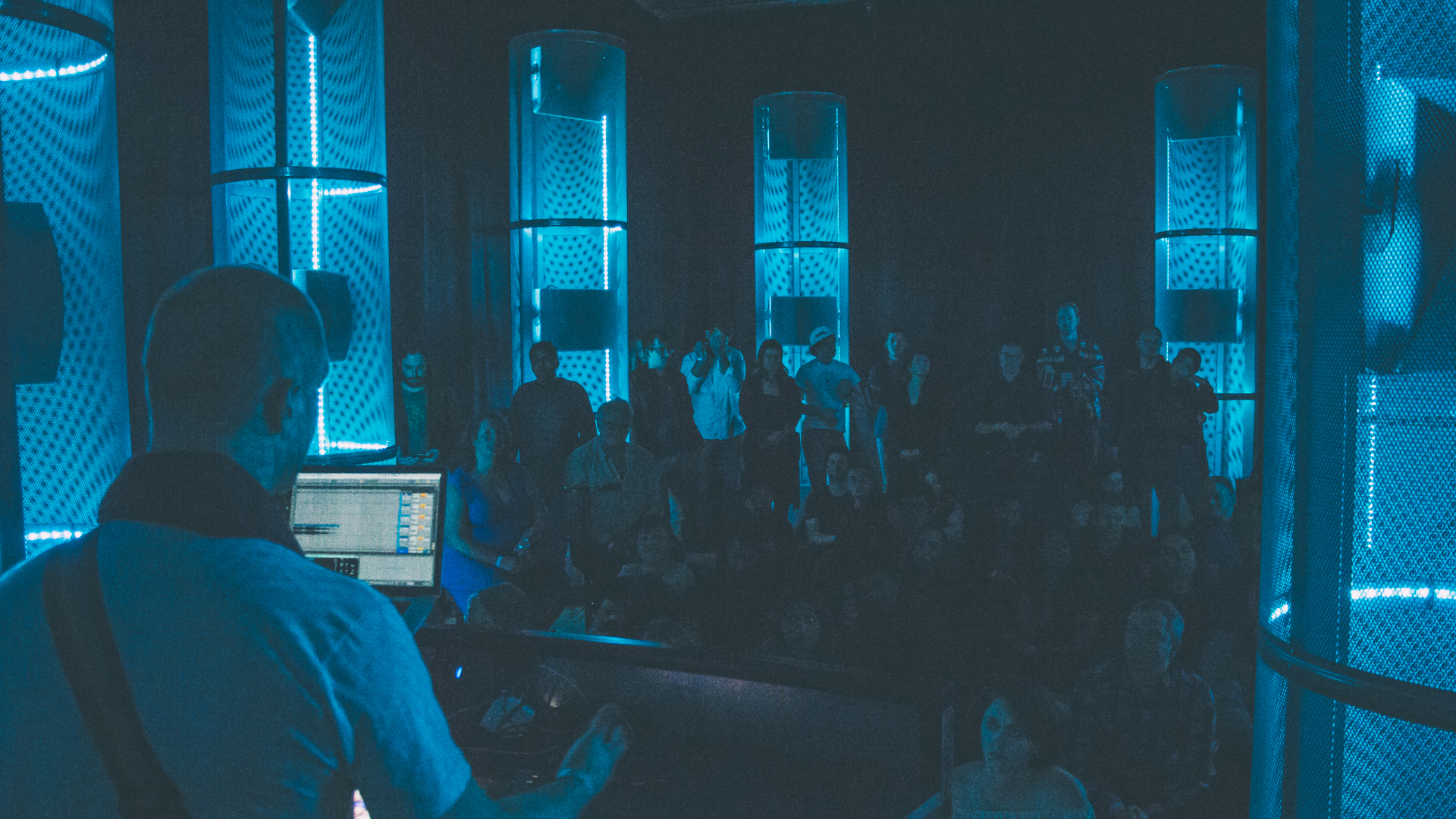 (image from
(image from